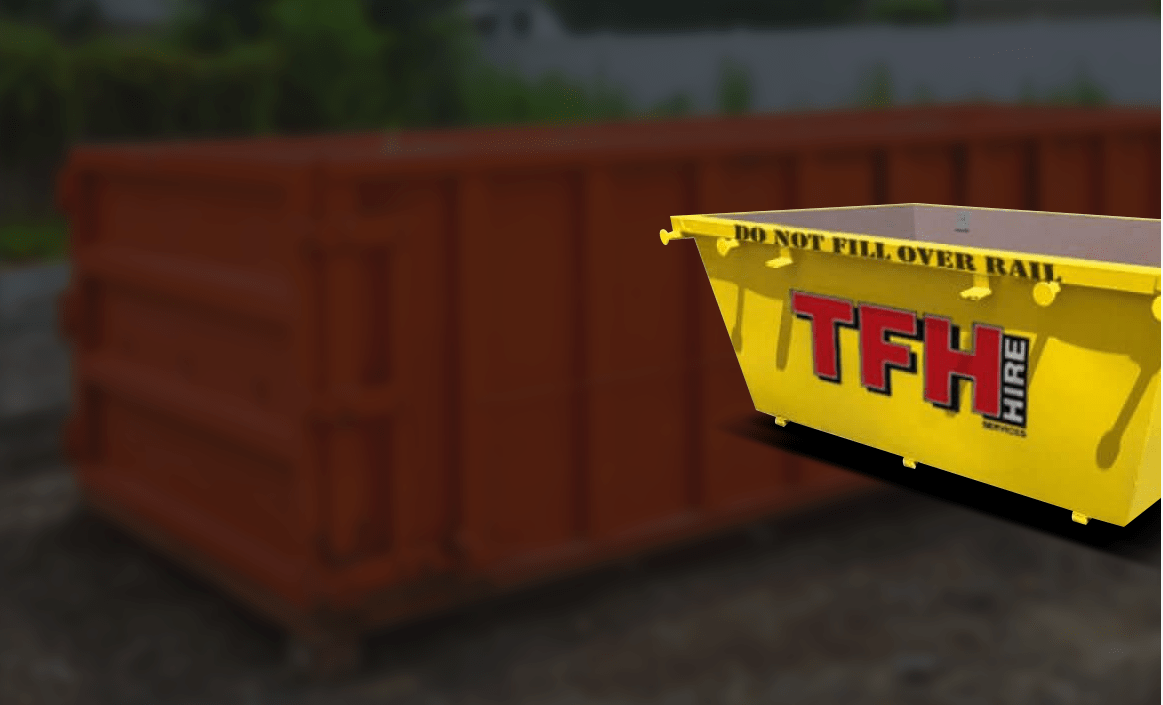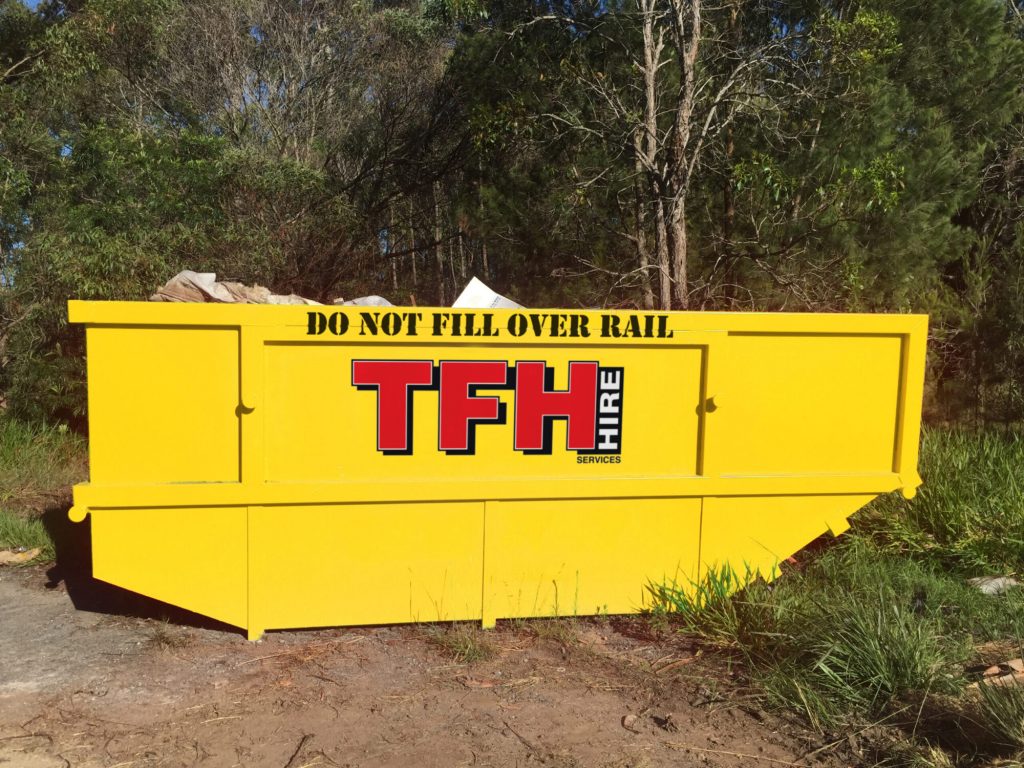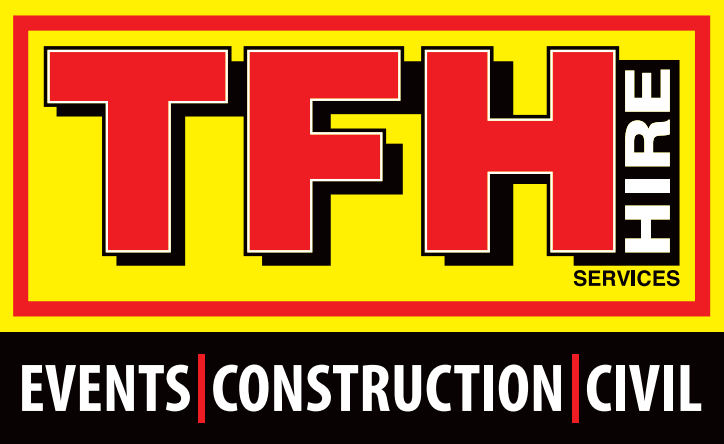Industrial Waste Bins: How to Choose the Right One

Proper waste management is an essential part of any industrial facility. Selecting the correct waste bins for your business is crucial for efficient waste disposal, cost-effectiveness, and compliance with regulations.
In this blog post, we will guide you through the process of choosing the right industrial waste bin. We will explore various factors such as capacity, material, waste stream composition, and cost-effectiveness to help you make an informed decision.
Understanding the Importance of Waste Management
Waste management plays a vital role in maintaining a clean and healthy environment. By implementing effective waste management practices, businesses can minimize the negative impact of waste on the environment, conserve resources, and save money.
Choosing the the right waste bin or bins is the first step towards an efficient waste management system.
Types of Waste and Recycling Bins
There are several types of waste bins available, each designed for specific waste or other materials only. Let’s explore the three main types:
General Waste and Recycling Bins: General waste bins are designed to handle non-recyclable and non-hazardous waste materials. These bins are commonly used for everyday office waste, such as food wrappers, coffee cups, and general trash.
They are typically identified by a standard black color and are an essential part of any waste management system.
Recycling Bins: Recycling bins are specifically designed for collecting recyclable materials such as paper, plastic, metal, and glass. These bins are often color-coded to facilitate easy sorting.
For example, blue bins are commonly used for paper and cardboard, while yellow bins are dedicated to plastic and metal recycling. Implementing a recycling program public litter bins in your business not only reduces waste sent to landfills but also contributes to a more sustainable environment.
Hazardous Waste Bins: Hazardous waste, such as chemicals, solvents, and batteries, requires special handling and disposal to ensure safety and compliance with regulations. These waste and rubbish materials should never be disposed of in regular waste bins.
Instead, specialized hazardous waste bins should be used, often marked with specific warning signs and labels.
Proper disposal of hazardous waste is essential to protect the environment and the health of employees.

TFH Industrial Bin Services
At TFH, we understand that industrial projects generate significant waste, which requires efficient and reliable disposal solutions. Our industrial bin services are designed to cater to the unique needs of large-scale operations, offering a variety of bin sizes and capacities to manage different types of industrial waste. Whether it’s heavy construction debris, manufacturing byproducts, or other industrial materials, our bins are built to handle it all. With competitive pricing and prompt delivery across South East Queensland, TFH ensures that your waste disposal needs are met with professionalism and efficiency.
Factors to Consider When Choosing Industrial Waste Bins
Capacity: Assessing your waste stream and rubbish composition and volume is crucial in determining the appropriate bin capacity. Consider the amount of waste generated by your business on a daily or weekly basis. Choosing bins with the right capacity will help prevent overflow and ensure efficient waste disposal.
Material and Durability: Waste bins are available in various materials, including plastic, metal, and concrete. Each material has its advantages and disadvantages.
Plastic bins are lightweight, durable, and resistant to corrosion, making them suitable for most indoor and outdoor environments.
Metal bins provide added strength and security and are often used in industrial settings. Concrete bins are sturdy and long-lasting, ideal for heavy-duty applications. Consider the specific needs of your business when selecting the appropriate material.
Easy Access and Ergonomic Design: Opt for waste bins that offer easy access and ergonomic features, such as foot pedals or swing lids. These design elements promote convenience and cleanliness while reducing the risk of ergonomic injuries for employees who handle the bins frequently.
Waste Stream Composition: Understanding the composition of your waste stream is crucial for effective waste management. Conducting a waste audit can provide valuable insights into the types and quantities of waste generated by your business.
Analyzing your waste and rubbish materials will help you identify the specific waste bins required to handle different waste categories.
Cost-Effectiveness: Balancing quality and cost is essential when choosing waste bins for your business. Consider the initial purchase cost, maintenance requirements, and lifespan of the bins. Investing in durable bins that require minimal maintenance can save money in the long run.
Benefits of Choosing the Right Waste Bins
Efficient Waste Management: The correct waste bins facilitate proper waste segregation and disposal, enabling efficient waste management processes. Separating different types of waste at the source promotes recycling and reduces the amount of waste sent to landfills.
Environmental Impact:Choosing the right waste bins contributes to a cleaner and healthier environment. Disposal of materials in a responsible way conserves resources, reduces energy consumption, and minimizes pollution and greenhouse gas emissions.
By actively participating in sustainable construction and waste management practices, businesses can make a positive impact on the environment.
Compliance with Regulations: Different types of waste must be disposed of in compliance with local regulations. Failure to do so can result in fines, penalties, or legal consequences. Choosing the appropriate waste bins ensures that the material handling equipment in your business meets regulatory requirements, promoting a safe and compliant working environment.
Cost Savings: Implementing an effective waste management system can lead to cost savings for your business. Recycling materials reduces the need for new resource extraction and production.
Additionally, proper waste disposal helps avoid additional expenses associated with fines, clean-up efforts, and potential environmental damage.
Employee Safety and Satisfaction:Choosing waste bins from companies with ergonomic features and simple access promotes employee safety and satisfaction. Employees can dispose of waste efficiently and comfortably, reducing the risk of ergonomic injuries and maintaining a clean and organized workspace.
Importance of Proper Waste Disposal
Proper waste disposal is crucial for environmental preservation and the well-being of society as a whole. By understanding the importance of disposing waste correctly, businesses can contribute to a cleaner and safer world. Here are some key reasons why proper waste disposal is essential:
Environmental Protection: When waste is disposed of improperly, it can pollute the air, soil, and water bodies. Harmful chemicals and toxins from waste can contaminate groundwater, affecting the quality of drinking water and endangering aquatic life.
By using the right waste bins and following proper disposal methods, businesses can minimize environmental contamination and protect natural resources.
Health and Safety: Improper waste disposal can pose health risks to humans and wildlife. Waste materials that are left exposed or disposed of inappropriately can attract pests, leading to the spread of diseases.
Sharp objects or hazardous materials can cause injuries to waste collectors or individuals who come into contact with the waste. By using appropriate waste bins and ensuring proper disposal, businesses can mitigate health and safety risks.
Odor and Aesthetic Appeal: Accumulated waste that is not disposed of properly can emit unpleasant odors and create an unsightly environment.
This can negatively impact the perception of your business, affect nearby communities, and even deter potential customers. By storing and using the right waste bins and regularly emptying them, businesses can maintain a clean and pleasant environment.
Legal Compliance: Local and national governments have regulations in place for waste disposal to protect the environment and public health. Businesses are required to comply with these regulations and dispose of waste appropriately.
Failure to do so can result in legal consequences, fines, and damage to the business’s reputation. By following proper waste disposal practices, businesses can ensure compliance with the law and avoid unnecessary penalties.
Sustainability and Resource Conservation: Proper waste disposal is closely tied to sustainable practices and resource conservation. Recycling and reusing materials reduce the need for new resource extraction and energy-intensive manufacturing processes.
By separating recyclable materials and using bins, businesses can contribute to resource conservation and reduce their environmental footprint.
Conclusion
Choosing the right waste bins and following proper waste disposal practices is vital for businesses to contribute to a cleaner and more sustainable environment.
By understanding the importance of proper waste disposal, businesses can protect the environment, promote health and safety, comply with regulations, and conserve resources.
Make responsible waste disposal a priority in your business and be a part of the solution for a better future.

